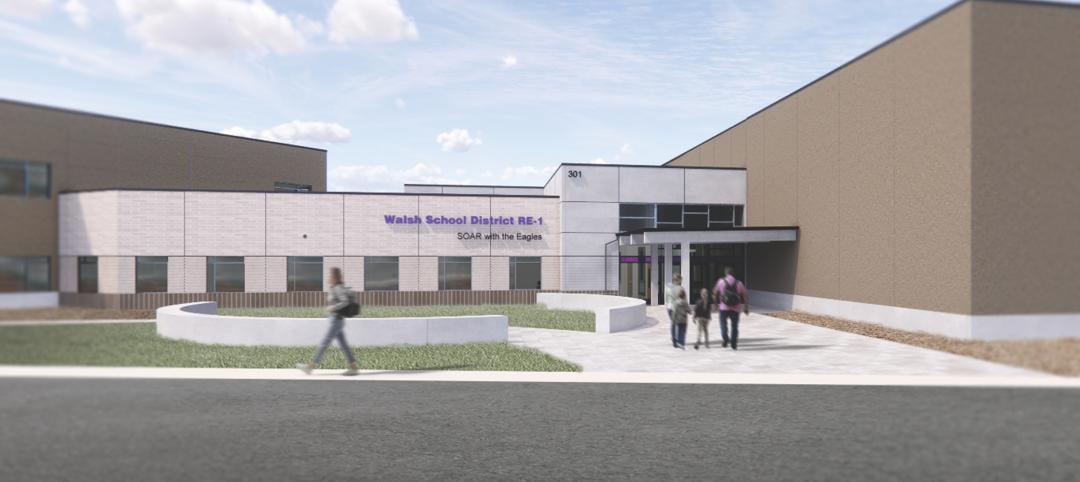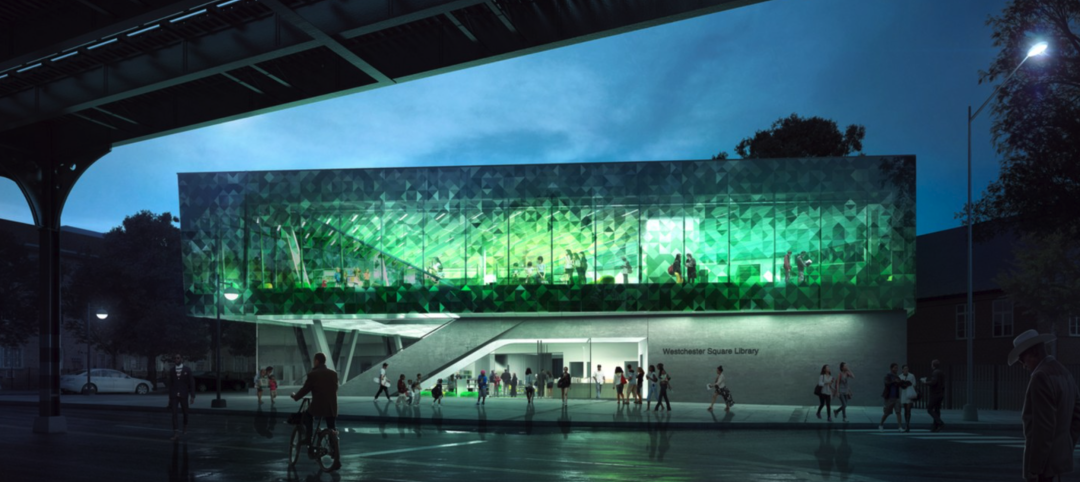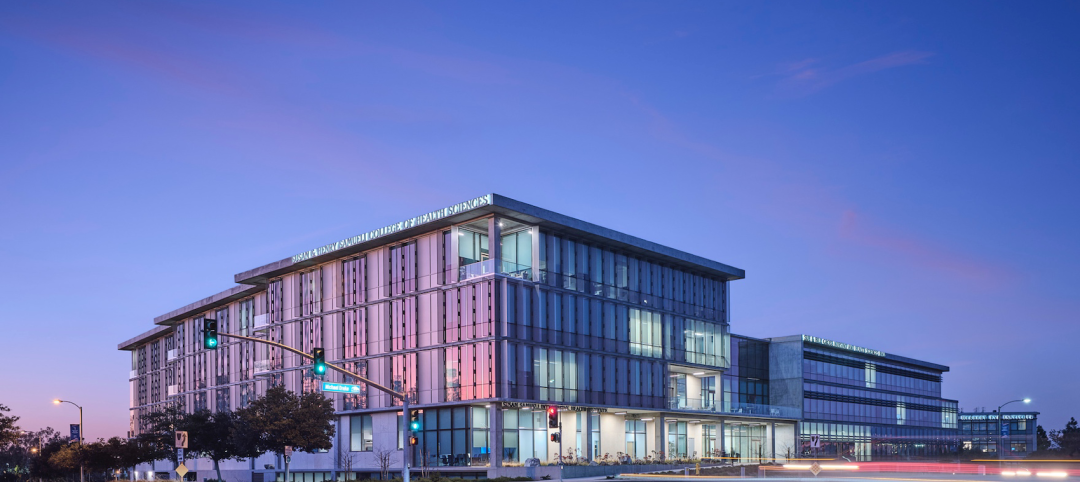Associated Builders and Contractors (ABC) released its Construction Backlog Indicator (CBI) for the first quarter of 2012. CBI declined 5.4% from the previous quarter, dipping from 7.8 months to 7.4 months, but is slightly higher compared to the first quarter of 2011.
“On the heels of a mixed bag of national economic news, CBI declined for the second quarter in a row,” said ABC Chief Economist Anirban Basu. “The lull in nonresidential construction momentum is not poised to end in the immediate term. The nation’s nonresidential construction activity will remain soft during the summer months, with flat to declining nonresidential construction spending.
“The ongoing instability in the nation’s nonresidential construction industry appears to be related to the period of economic weakness that developed in the broader economy last year, as well as concerns regarding export growth due to recessionary forces in Europe,” Basu said. “The result is that many prospective construction projects were cancelled or postponed.”
Regional highlights
- Compared to the first quarter of 2011, construction backlog is slightly higher in every region with the exception of the Northeast.
- In the West, construction backlog expanded by 0.46 months from the fourth quarter of 2011 to the first quarter of this year.
- The Middle States have the shortest backlog at 6.34 months and the South continues to register the lengthiest backlog at 8.88 months.
Analysis
“The South, which includes a number of rapidly expanding, commodity rich states, continues to be the top performer in terms of producing new opportunities for contractors,” said Basu. “Though average construction backlog in the South was roughly flat during the past quarter, backlog is up by seven-tenths of a month from one year ago. No other region has generated an increase in backlog that large.
“Construction backlog expansion in the Middle States continues to be stifled,” Basu said. “Gains in industrial production have been sporadic during the past year – too scattered to induce the next wave of manufacturing-related construction projects. In addition, average construction backlog in the Northeast has fallen on a year-over-year basis. Last year’s soft patch, including the economic weakness associated with the debt ceiling issue, appears to have impacted the financial institution-rich Northeast more than other region.” +
Related Stories
Architects | May 23, 2023
DEI initiatives at KAI Enterprises, with Michael Kennedy, Jr. and Gyasi Haynes
Michael Kennedy, Jr. and Gyasi Haynes of KAI Enterprises, St. Louis, describe their firm's effort to create a culture of diversity, equity, and inclusion—and how their own experiences as black men in the design and construction industry shaped that initiative.
Multifamily Housing | May 23, 2023
One out of three office buildings in largest U.S. cities are suitable for residential conversion
Roughly one in three office buildings in the largest U.S. cities are well suited to be converted to multifamily residential properties, according to a study by global real estate firm Avison Young. Some 6,206 buildings across 10 U.S. cities present viable opportunities for conversion to residential use.
Architects | May 23, 2023
Ware Malcomb hires Francisco Perez-Azua as Director, Interior Architecture & Design, in its Miami office
Ware Malcomb hires Francisco Perez-Azua as Director, Interior Architecture & Design, in its Miami office.
K-12 Schools | May 22, 2023
The revival of single-building K-12 schools
Schools that combine grades PK through 12 are suddenly not so uncommon. Education sector experts explain why.
Architects | May 19, 2023
Snøhetta architects make a bid to unionize the firm's New York studio
Employees at the New York office of architecture firm Snøhetta have filed a petition with the National Labor Relations Board (NLRB) to unionize the studio. Snøhetta employees’ action marks the third time architects at a private-sector architecture studio in the U.S. took that step.
Healthcare Facilities | May 19, 2023
A new behavioral health facility in California targets net zero energy
Shortly before Mental Health Awareness Month in May, development and construction firm Skanska announced the topping out of California’s first behavioral health facility—and the largest in the nation—to target net zero energy. Located in Redwood City, San Mateo County, Calif., the 77,610-sf Cordilleras Health System Replacement Project is slated for completion in late 2024.
Government Buildings | May 18, 2023
GSA launches first biennial construction award program
Today, the U.S. General Services Administration (GSA) announced the new biennial GSA Construction Award program, which is seeking submissions this summer. The program was created to honor outstanding achievements in construction, with a focus on quality and craftsmanship, collaboration and team dynamics, sustainability, innovation, and technology. The first Construction Awards ceremony will take place in 2024.
K-12 Schools | May 17, 2023
Designing K-12 schools for students and safety
While bullying, mental health, and other acts of violence are all too common in schools today, designers have shown that smart and subtle preventive steps can make a big difference. Clark Nexsen’s Becky Brady shares how prevention and taking action at the design level can create safe and engaging learning environments.
Affordable Housing | May 17, 2023
Affordable housing advocates push for community-owned homes over investment properties
Panelists participating in a recent webinar hosted by the Urban Institute discussed various actions that could help alleviate the nation’s affordable housing crisis. Among the possible remedies: inclusionary zoning policies, various reforms to increase local affordable housing stock, and fees on new development to offset the impact on public infrastructure.
University Buildings | May 17, 2023
New UC Irvine health sciences building supports aim to become national model for integrative health
The new College of Health Sciences Building and Nursing & Health Sciences Hall at the University of California Irvine supports the institution’s goal of becoming a national model for integrative health. The new 211,660-sf facility houses nursing, medical doctorate, pharmacy, philosophy, and public health programs in a single building.

















